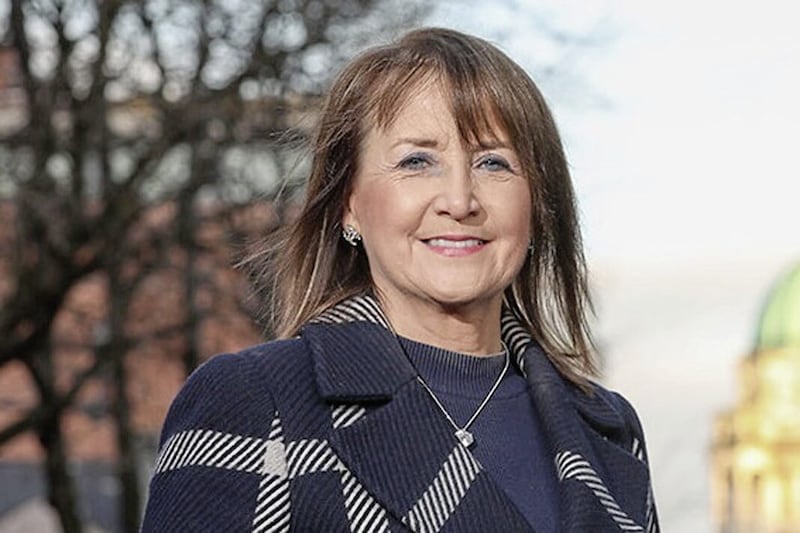BUSINESS confidence remains low in Northern Ireland as firms demand support that requires both Executive-led decision-making but also a more proactive role from Westminster on fiscal issues around corporation tax, VAT and rates.
But on the day when Nisra figures confirmed that the north officially entered a recession during the summer after two consecutive quarters of economic contraction, a separate survey revealed that business performance in the region remains steady, though weak.
Four in five businesses surveyed for the latest NI Chamber of Commerce/BDO quarterly economic survey (QES), which covered the period from October through to December, insisted they are trading well or reasonably well, while more than half of the 160 respondents believe their businesses will grow this year.
And while the third quarter QES had been brutal in its findings, the latest barometer showed just marginal dips in performance.
“Businesses are continuing to hold their own, which is no small thing right now,” according to Brian Murphy, managing partner at BDO NI.
“Context is everything, and when evaluated against the incredibly challenging environment it should be recognised that maintaining the status quo in terms of performance, staffing levels and recruitment must be seen as a win.
“We can't ignore the fact that all the ingredients for a recession are in play, but the availability of having cash reserves, and the fact that demand for their products hasn't dropped.”
He added: “It's a fragile equilibrium right now. I expected these latest findings to be worse, and I genuinely believe our businesses can ride out any recession.”
Two in three businesses survey respondents said demand for their goods and services is falling, although for most (51 per cent) only a little. More than 55 per cent believe their business will grow in 2023, while 33 per cent expect it to contract.
But Chamber members are considerably less optimistic about prospects for the north's economy as a whole, with 68 per cent expecting it to contract in 2023 (only 18 per cent expect the local economy to grow).
The QES showed that cost pressures around energy, raw materials, wages and transport dominate business concerns right now.
NI Chamber chief executive Ann McGregor said: “In such a prolonged challenging environment, it is welcome to see that our members are not reporting material deteriorations since the last quarter, but performance is still weak and business prospects around profitability have declined.
In quarter four, inflationary pressures continued to dominate, with members also expressing greater concern over interest rates. Rising energy costs should be a cause for alarm following the UK government’s recent announcement that it will significantly scale back support for businesses at the end of this quarter.”
She added: “Despite the challenges, for a number of reasons 2023 is a year that Northern Ireland must target investment, seizing the opportunities presented in green growth, digitisation and international trade.
“But, as we know, the number one ask of any investor is political stability – one of the many reasons why we need to see an Executive restored and an agreed, workable outcome on the Protocol reached without further delay.”








